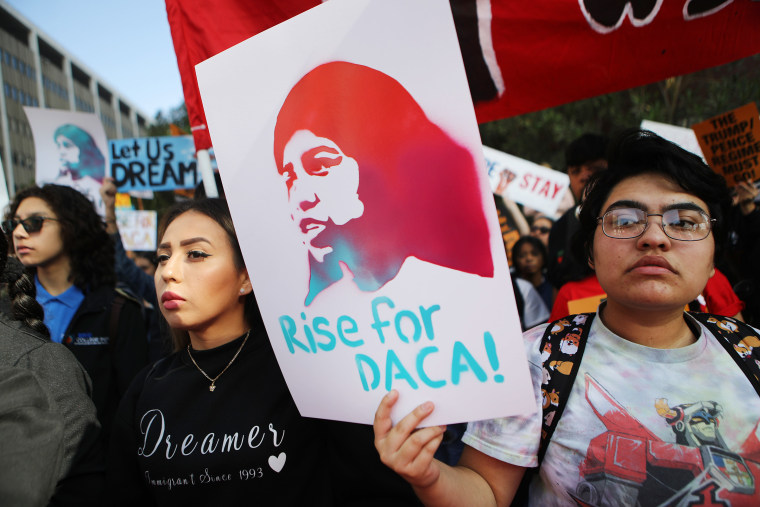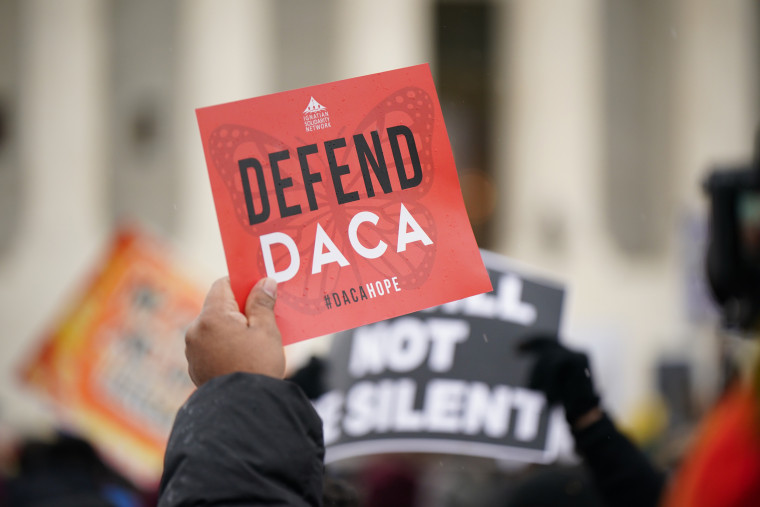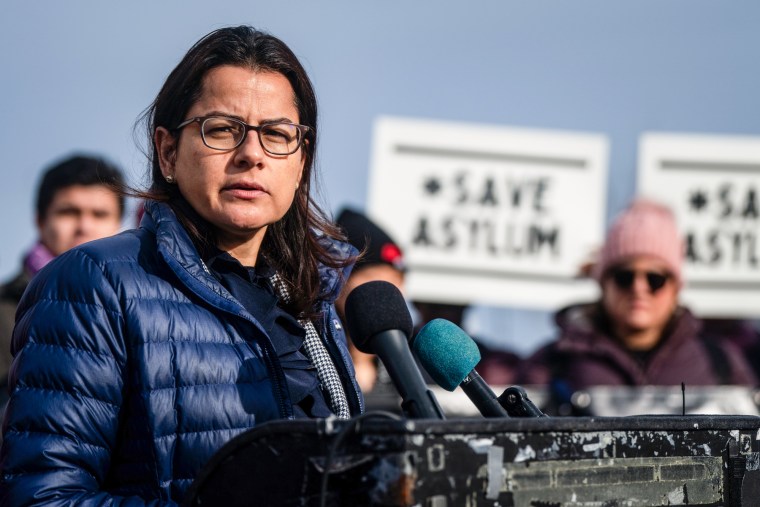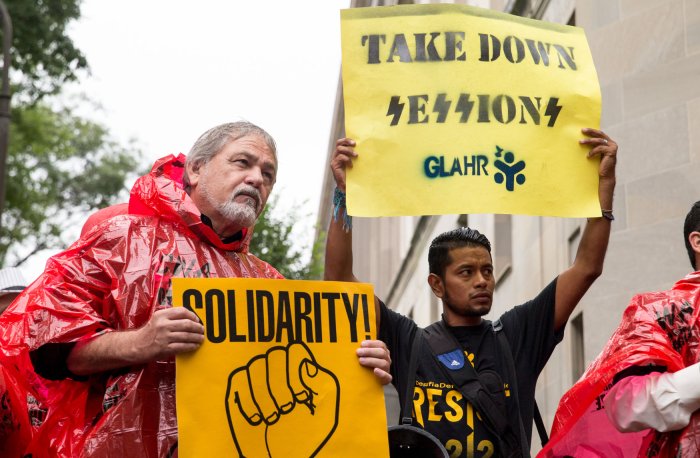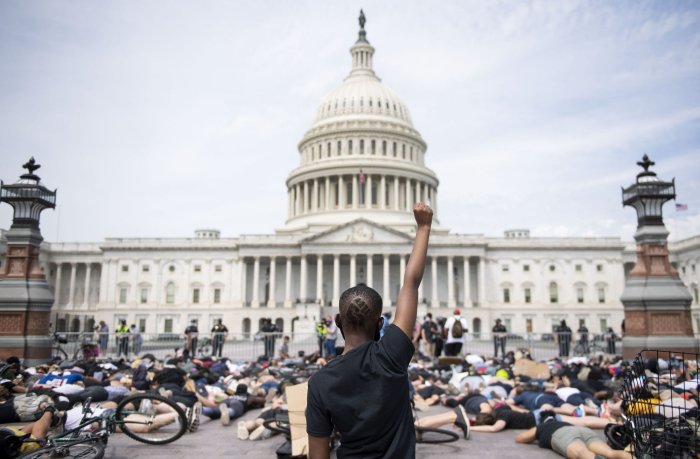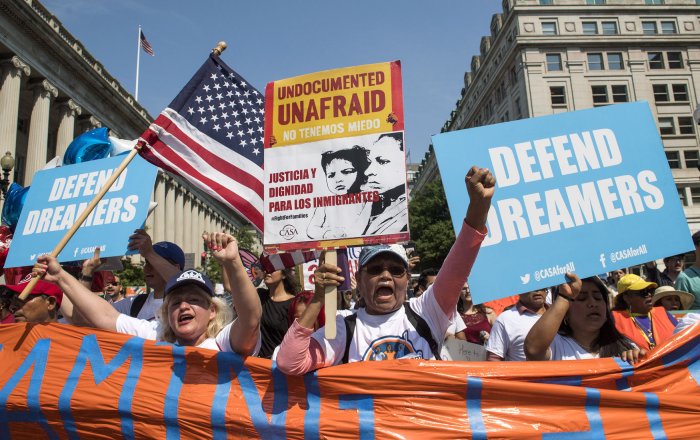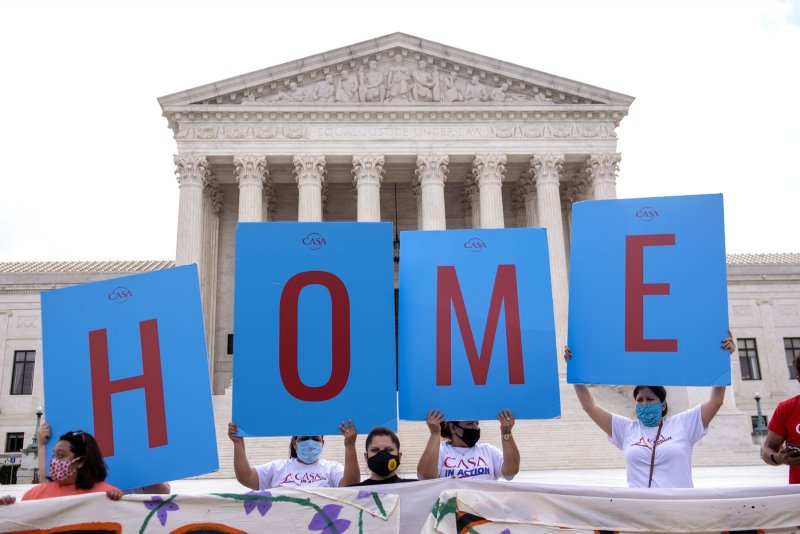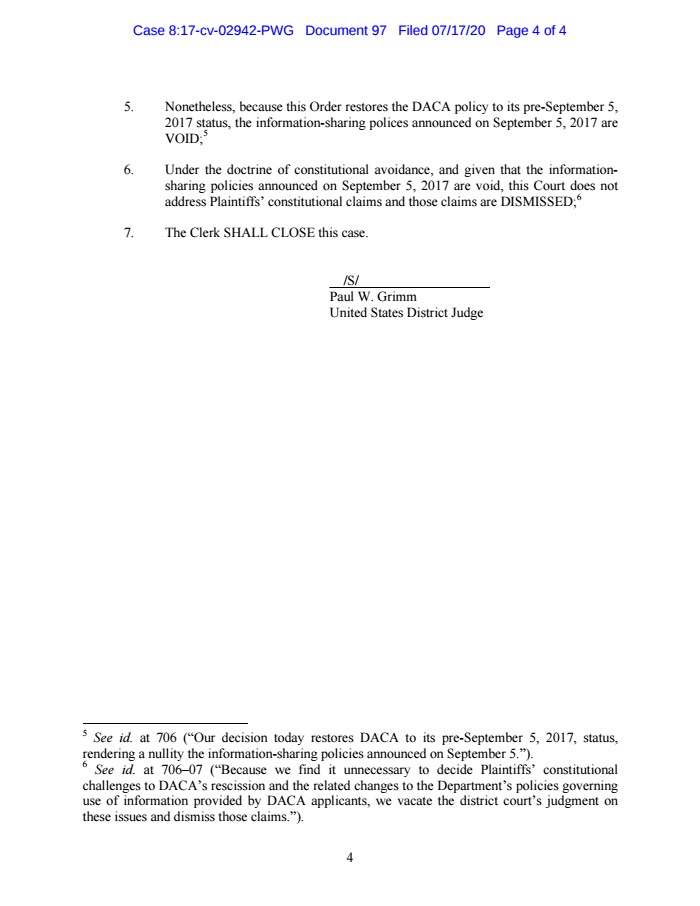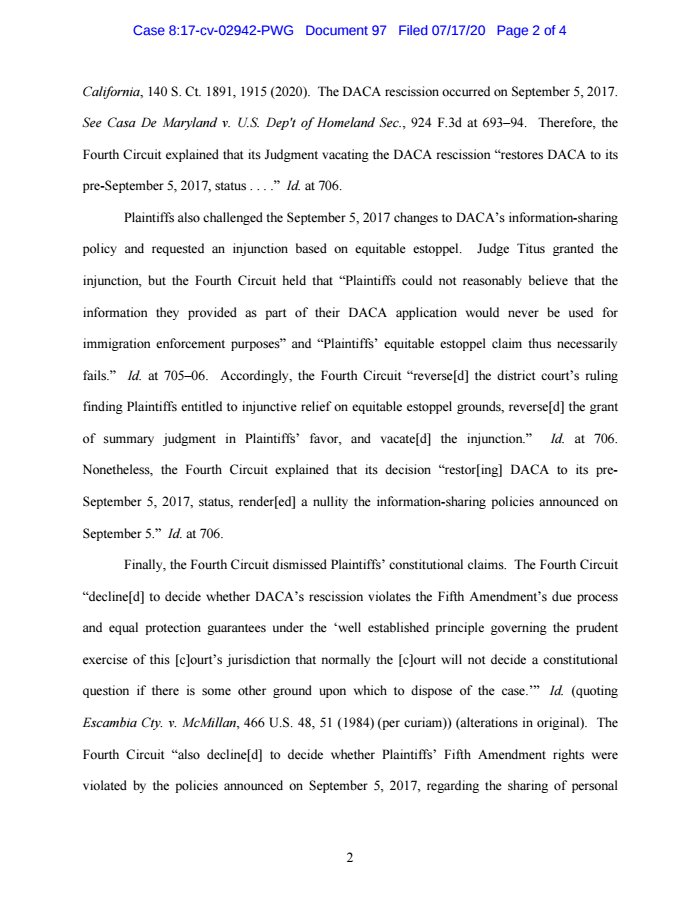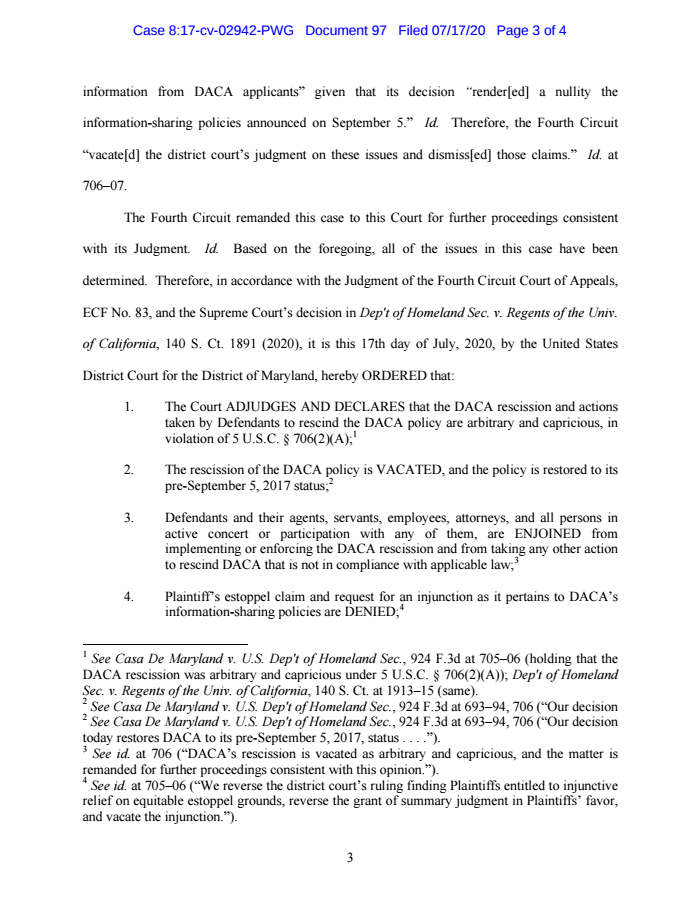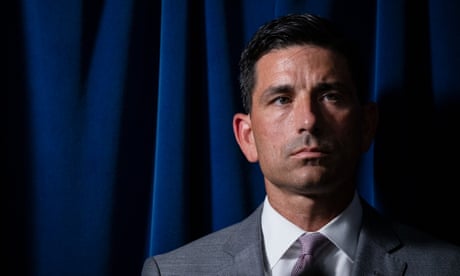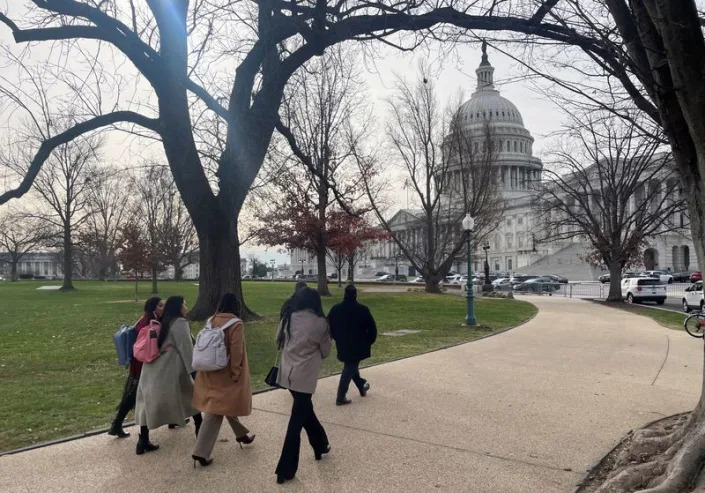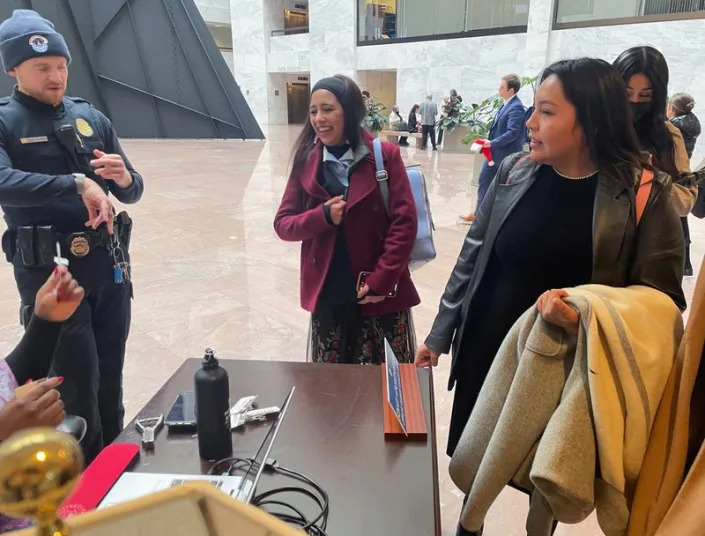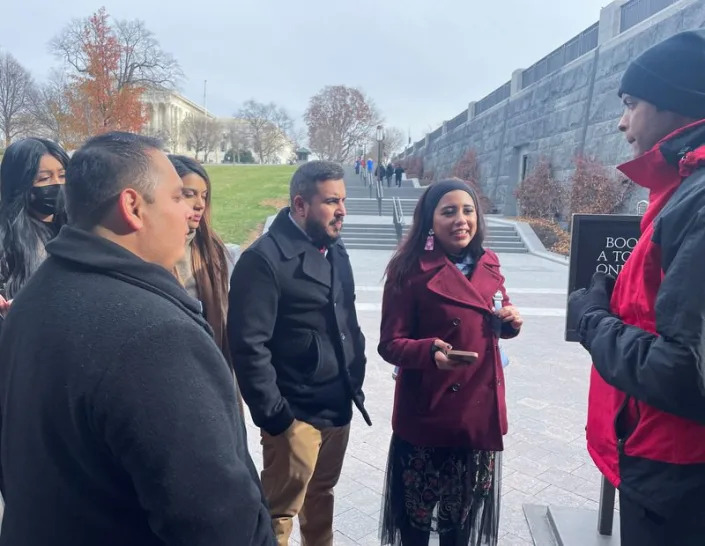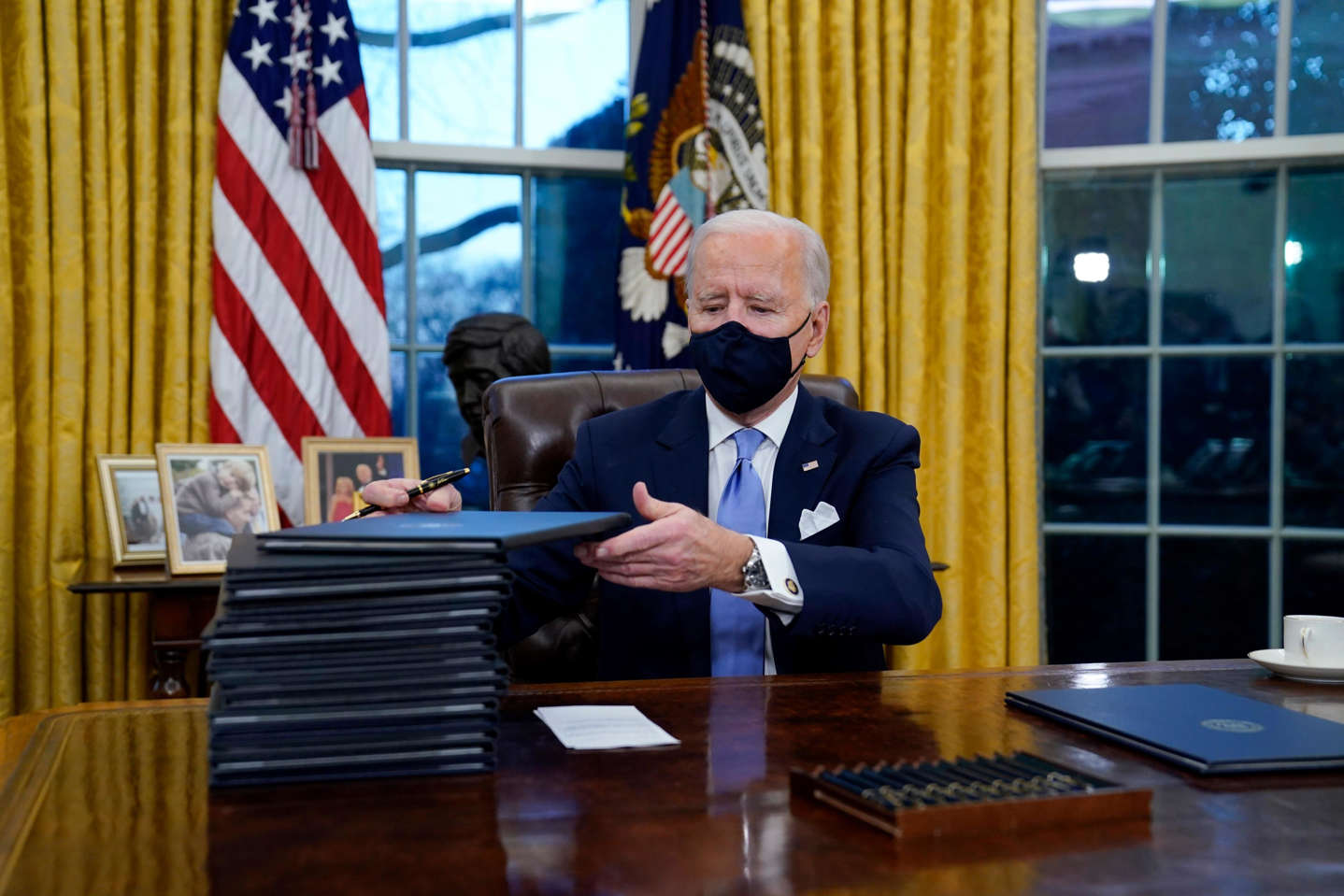Congress needs to do its job and protect Dreamers
THE VIEWS EXPRESSED BY CONTRIBUTORS ARE THEIR OWN AND NOT THE VIEW OF THE HILL

As a Deferred Action for Childhood Arrivals, or DACA, recipient, I felt immense relief in June 2020 when the Supreme Court ruled that DACA could stay in place. Several months before, as lawyers argued the case, thousands of immigrant youth leaders and allies rallied in front of the Court, chanting “home is here!” Uncertain about our futures, and with our livelihoods on the line, we came together to show the world that our community is united, powerful, and undeterred, even when the odds are stacked against us.
I wish I could say that uncertainty has faded since we won at the Supreme Court. I wish I could say Congress realized that the stakes were too high to leave our fate to the whims of another court decision or more empty promises. But now — a decade after DACA was created as a temporary fix — it is urgent for Members of Congress to do their jobs and pass a permanent solution to provide the stability we need to chart our futures in the U.S., the only home many of us have ever known.
I work for the National Immigration Law Center (NILC), the same organization that was involved in drafting the original Dream Act more than 20 years ago. Year after year, and in court case after court case, my colleagues and I advocate for the future of thousands of DACA recipients and millions more who, like me, live in constant uncertainty.
I was born in Mexico and came to the U.S. with my mom and brothers to reunite with my dad when I was three years old. Eventually we settled in South Carolina, where I ultimately went to college. Before DACA, I lived in fear of being deported to a country I didn’t know. At 17, my life changed when President Obama announced DACA. With DACA, I could continue my education, build a career, and help support my family.
Most importantly, getting DACA reaffirmed what I knew: My home is here.
The U.S. is home to hundreds of thousands of immigrant youth who grew up and have built a life here, but currently have no pathway to become U.S. citizens. Every two years, we submit our renewal applications and hope the policy will last long enough to renew again.
We are not the only ones who stand to lose if DACA goes away. Around 300,000 children born in the U.S. have at least one DACA recipient parent; 76 percent of us DACA recipients have an immediate family member who is a U.S. citizen. Beyond our loved ones, our communities count on 343,000 essential workers with DACA, and the government collects $6.2 billion from us in federal taxes.
Yet, despite our contributions, despite the lives we’ve built for ourselves and our loved ones, politically motivated court cases put our future in this country in question. Pundits play political games with our lives and livelihoods. Politicians save face with promises they have yet to keep. And Congress kicks the can down the road on passing the solution we’ve been demanding since before DACA’s inception. Once again, the fate of thousands hangs in the balance.
In early October, the U.S. Court of Appeals for the Fifth Circuit affirmed a lower court decision that deemed DACA unlawful. The ruling allows DACA renewals to continue temporarily and sent the case back to the lower court to consider the Biden administration’s recent DACA regulation, which is set to go into effect on Oct. 31 — for now.
We call on Congress to think for a moment about what it must feel like to walk in our shoes. Imagine the fear of having your future in the hands of strangers, politicians, judges and politically motivated lawsuits. Imagine the fear of one day losing your home, your country, your community. Imagine living your life in two-year increments.
Our lives remain in limbo because of Congress’s inaction and indifference. Why must we fight so hard for lawmakers to see our humanity?
Their constituents see it: A Pew Research Center survey shows that 74 percent of Americans support a law that provides permanent legal status to immigrants who came to the U.S. as children.
We need a permanent legislative solution for immigrant youth. We need a pathway to citizenship. Even from the very beginning, over 10 years ago, DACA was always a temporary measure. For true stability and security, Congress must act. Congress must do its job and pass permanent protections that put us on a pathway to citizenship because our home is here, and we are here to stay.
Diana Pliego is a policy associate at the National Immigration Law Center, where she works on a range of issues, including protection for DACA recipients and fighting immigration enforcement. She conducts policy research, analyzes and tracks legislation, and develops materials for movement and field partners as well as for congressional advocacy. She is a DACA recipient.
